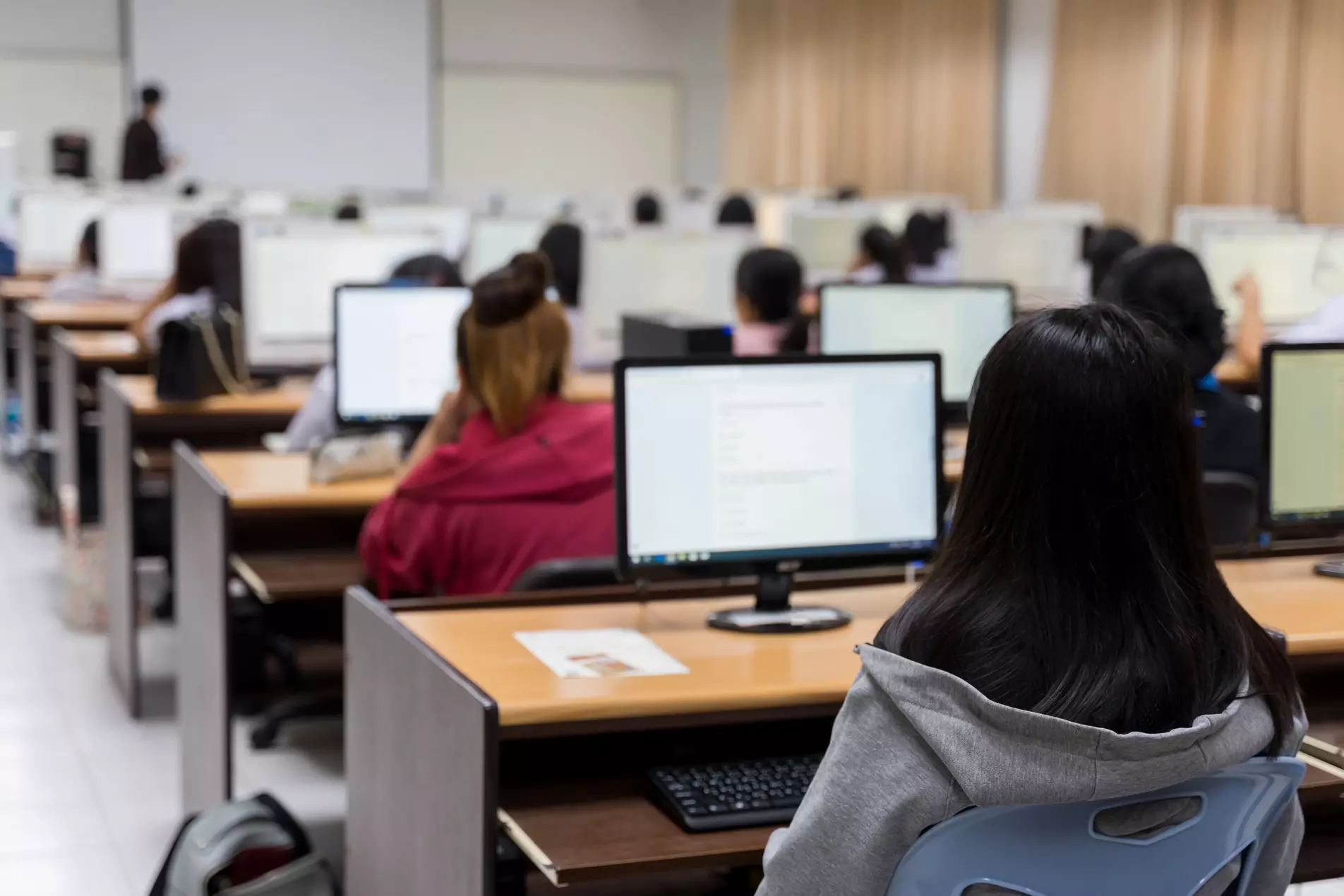Education
How New Technologies Jeopardize Student Data Privacy

Every day, students are busy learning new subjects and should be focused on achieving their academic goals, not worrying about their data privacy. School districts and private educational institutions have been making the switch to Cloud platforms as a way to keep up with the ever-evolving tech landscape students are facing. A key component in adding these new Cloud-based applications and services is the protection of student data from an increasing number of targeted attacks from cybercriminals.
However, with the rise of OpenAI’s ChatGPT, Google’s Bard, and other generative AI tools, schools have a new set of vulnerabilities to be concerned about. Currently, there is no way to determine whether or not students’ personal information is being used in a ChatGPT algorithm or other apps that may be used in a classroom setting that require access to different data on school computers or personal computers owned by students. It was also discovered that a majority of educational institutions use various tracking technologies and share students’ personal information with third parties, which could include generative AI tools, increasing a potential privacy breach.
In the U.S., students’ information is protected under the Family Educational Rights and Privacy Act (FERPA) and educational institutions have a duty to protect students’ personally identifiable information (PII). Federal funding is available to help support these initiatives as well.
Having a fail-safe approach to protecting students’ privacy is the best way educational institutions can mitigate cybersecurity risk and eliminate threats. Understanding students’ risk exposure and proactively scanning for threats and vulnerabilities can help K-12 schools remain in compliance with FERPA and other privacy standards.
Finding a Privacy Protection Partner for Your School
Thrive’s Managed Security Information and Event Management allows schools to meet stringent compliance thresholds, and have security threat detection without the need for specialized security staff or costly dedicated hardware.
Keeping students and their data safe is a top priority, and with Thrive, you can assess your vulnerabilities and plan for the future. Hybrid and remote learning will continue to be a major part of the learning environment, along with the increased use of apps in the classroom or to assist with homework and projects.
Take the next steps to equip your school with the latest technology, software, and training towards protecting your students and their data, as well as be an active collaborator capable of adding value to your school’s IT department. Contact Thrive to learn more.
